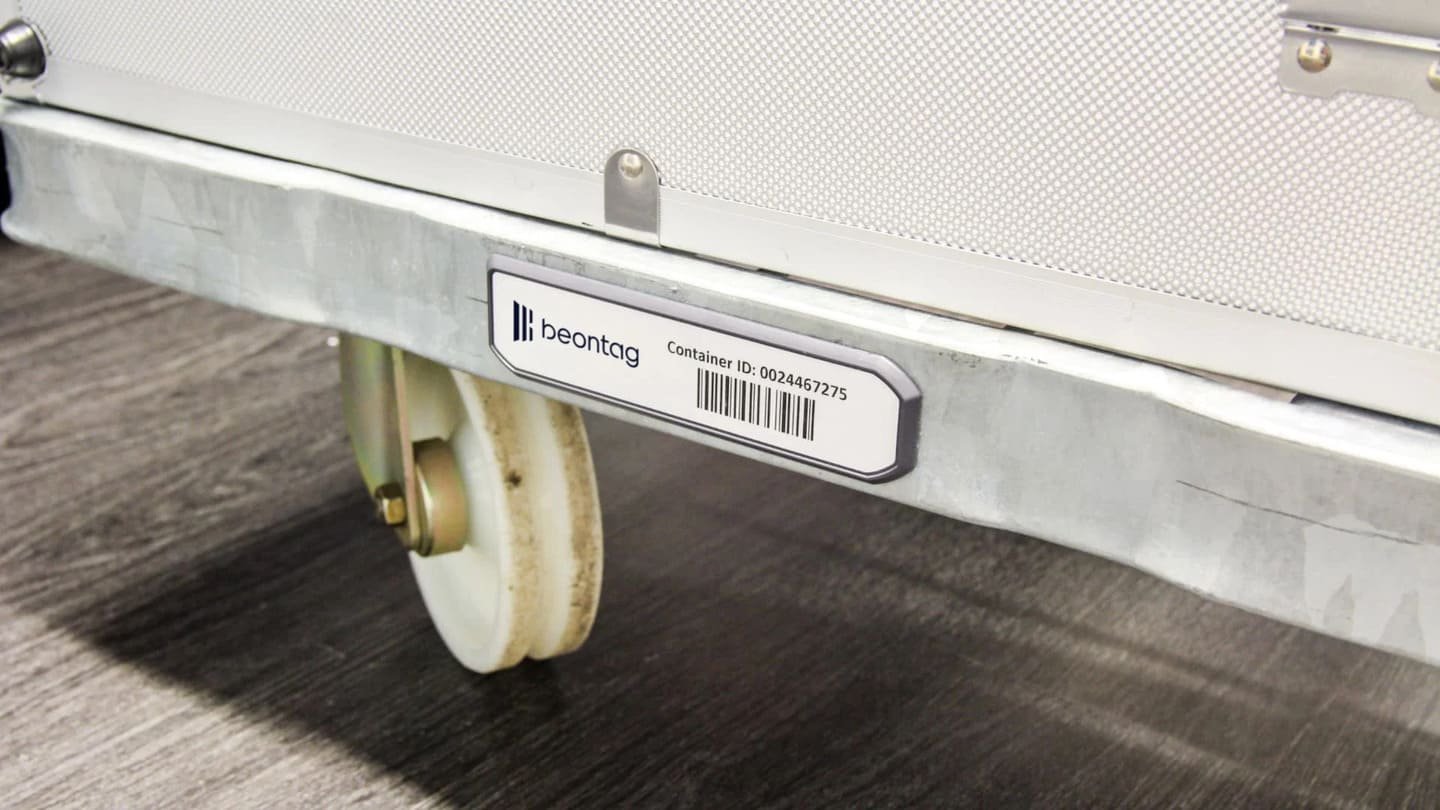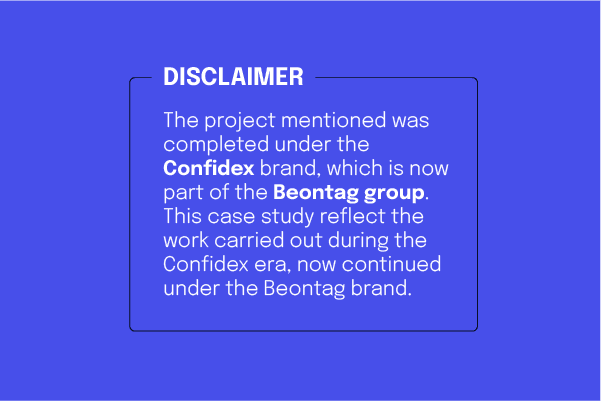
Blog
Adhesive
Beontag’s Self-Adhesive Creates Premium Look and Boosts Sales for Pet Care Line
Stay up to date, subscribe to our newsletter!
SubscribeProducts
The Detroit based automotive manufacturing company Troy Design \u0026 Manufacturing has implemented a validation of the installation of critical safety components into 1st responder vehicles. By leveraging Confidex tags TDM is able to achieve a 100% read and validation accuracy in a very complex environment.
CHALLENGES
- TDM required an RFID system that could uniquely identify a specific critical safety component while screening out other RFID transponders in a complex manufacturing environment.
- The technology software needed to integrate with existing management systems.
- There was no room for error, tags had to transmit 100 percent of the time.
- Each tag required the capacity to store additional identifiers about the components they were attached to.
BENEFITS
- With guidance from Atlas RFID and Confidex, and customization from TSL a solution was developed for accuracy and durability.
- Critical components can be identified throughout work in progress and at the end-of-line to ensure components are installed as should.
- Unique ID enables production in-process verification of assembly components and record of validation.
- By masking the expected tag data only the targeted RFID tags are read in an environment of high tag density.
- Durable Confidex Steelwave Classic tags proved to survive the most difficult conditions, provided needed read range in metallic environment and supported the business requested data storage capacity.
Troy Design Manufacturing (TDM), a wholly-owned Ford subsidiary, makes a wide range of products and services both for Ford and other automotive customers/OEMs. The company provides design and manufacturing of high-quality automotive prototype and production sheet metal stamping and assemblies.
The TDM Modification Center in Chicago (CMC) recently began seeking technology that could provide an automated view into critical vehicle components that is not physically visible to operators during the manufacture process. TDM wanted to capture key data about the safety component as it proceeded through assembly and quality control.
The company already had experience in RFID technology. In fact, it uses RFID tags to identify vehicles under assembly, to benefit work in progress efficiency and accuracy. It had a unique challenge however, in introducing a new RFID system specific to tracking the critical vehicle components it installs for its automotive customers. TDM required a solution that integrated with its existing management software, but that operated independently from other RFID systems. Assembly takes place in a complex and crowded environment in which there is no room for additional computer systems, “the system had to integrate with what was already there,” says Lorin Sommer, TDM IT Analyst.
While the company had considerable RFID experience, this would be a new challenge.
TDM also needed tags with the capacity to store identifying data about each component, while being failproof in one of the most challenging of environments: a manufacturing site filled with metal tools, components and vehicles, and temperatures that can spike to about 120̊C for hours at a time. So the company investigated dozens of tags to identify the highest performing hardware, that would work every time, without fail.

Steelwave Classic stood up to a challenge
Introducing RFID to a highly metallic environment posed a challenge that narrowed the options for effective transponders. TDM worked with Confidex to identify the best product for this use case: the Steelwave Classic: a thin, all surface tag solution with durable adhesive backing.
“Confidex Steelwave Classic is a great option for environment that involves various surfaces, including metals and plastics. With consistent performance on different surfaces the operator does not need to select the tag based on the asset but can use the same tag for all”, says Confidex’s Miika Pylvänäinen, Director of Product Line RFID. “The tag also offers large space for visual marking, such as barcodes and customer branding. All printing is protected with additional transparent layer for enhanced durability against chemicals and friction.” TDM partnered with technology distributor Atlas RFID to select TSL handheld readers. The companies then collaborated to configure the reader for optimal effectiveness in the plant’s environment.
Results
The Confidex Steelwave Classic tags passed environmental tests that were conducted in Ford Testing Facilities that meant sustaining exposure to 120̊C for extended hours, as many as 48, as well as humidity and vibration.
TDM also wanted to include each component’s identifier, a serial number, as well as other pieces of information. Because most transponders’ EPC memory offers just 96 bits, they allow only limited amount of data to be encoded to the tag. Steelwave Classic with Impinj chip however, contains 496 bit EPC and 128 user memory. This variation offers TDM more flexibility with data content, “which in the end, was more than enough memory space to encode what the business required,” said Diana Pardo, TDM IT Analyst.
The tag is now being interrogated at key points in the assembly line, providing assurance that each critical safety component is properly installed and inspected for quality. The digital identify of each critical component provides a record of each unique product, the date and place of installation, with an automatic link to the vehicle it is built into.
In addition, and of most importance to the build verification is reading the tag at end-of-line after the critical components have been installed within the vehicle’s side chassis, out of “line-of-sight,” and away from any means of accessibility. If the scan at this point does not verify the data indicative of the correct component, the vehicle would be flagged as a mis-build and sent to the repair station. Repair occurrences would be expensive to the business in terms of time and labor and should a mis-build of these components ever leave the plant, there would be liability issues impacting TDM and Ford. Tagging these critical safety components has enabled a quality control process that verifies correct, or incorrect builds of these components.
For operators on site, it means the reduced need for paper, greater efficiency, and elimination of errors. For TDM customers, the system provides transparency into the critical safety component installation with traceability.
“What has made this such a success story was our partnership first with Confidex, and Atlas RFID and TSL,” says Pardo. These partners “were just amazing in terms of giving us the information we needed to get much better behavior out of this transponder and reader.”


We turn challenges into results through tailored solutions and close collaboration. Talk to one of our specialists and discover how we can help write your next success story.